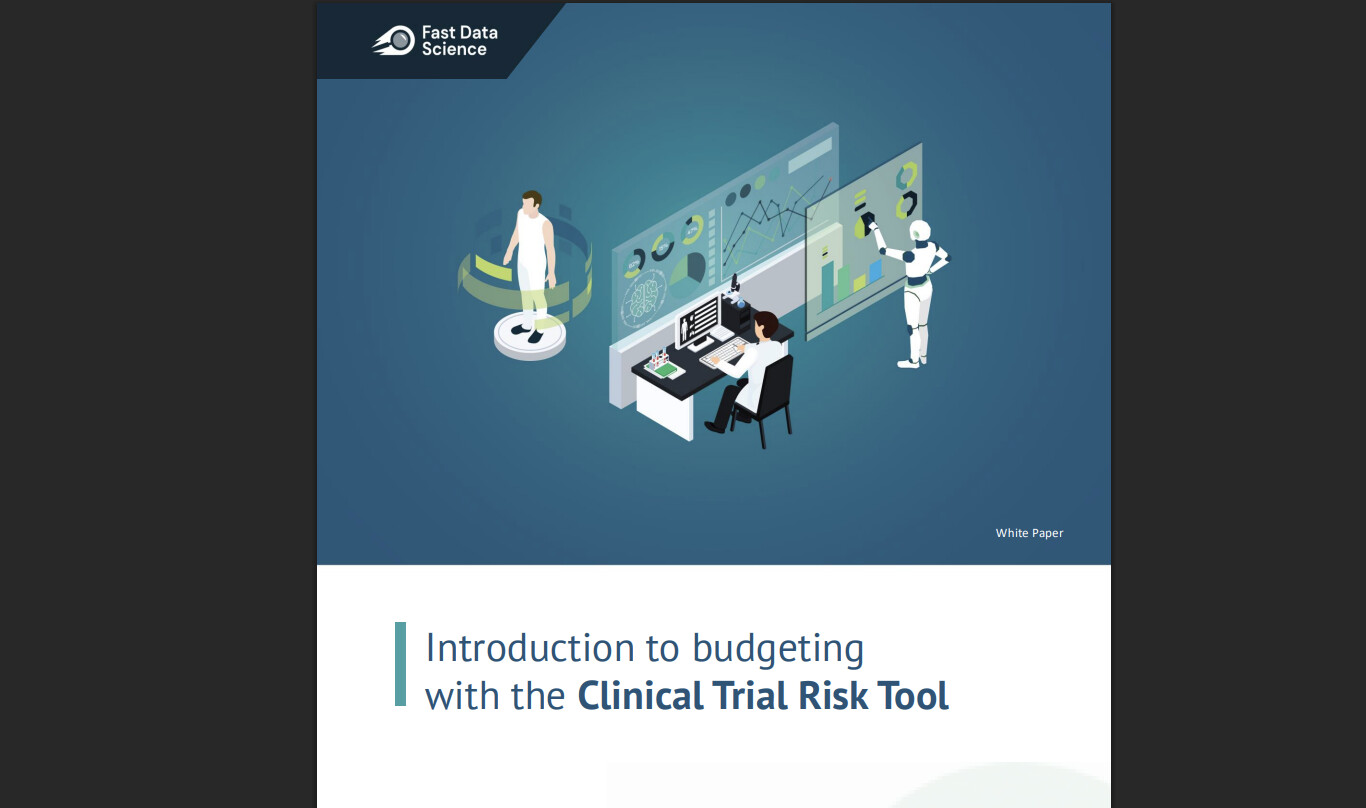
Are you wondering how you can build a detailed clinical trial budget from the protocol, whether for a site, CRO, or sponsor?
This may appear an intimidating task. You have to read the protocol carefully, find the schedule of events, calculate how many times each activity occurs during the trial, and slowly create an itemised budget spreadsheet. There are cost items buried in footnotes that you need to look for.
The documents that you will need to review include
Upload your clinical trial protocol and create a budget with AI
The Clinical Trial Risk Tool provides a solution. You can upload the protocol or synopsis and it will generate an itemised spreadsheet from the schedule of events, showing the fixed and per-subject costs in different sheets. It will even create separate sheets per site for multi-site trials.
You can find out more in our white paper.

Estimating the total cost of a clinical trial before it runs is challenging. Public data on past trial costs can be hard to come by, as many companies guard this information carefully. Trials in high income countries and low and middle income countries have very different costs. Upload your clinical trial protocol and create a cost benchmark with AI Protocol to cost benchmark The Clinical Trial Risk Tool uses AI and Natural Language Processing (NLP) to estimate the cost of a trial using the information contained in the clinical trial protocol.

You can download a white paper about clinical trial cost benchmarking here Estimating the total cost of a clinical trial before it runs is challenging. Public data on past trial costs can be hard to come by, as many companies guard this information carefully. Trials in high income countries and low and middle income countries have very different costs. Clinical trial costs are not normally distributed.[1] I took a dataset of just over 10,000 US-funded trials.

Guest post by Safeer Khan, Lecturer at Department of Pharmaceutical Sciences, Government College University, Lahore, Pakistan Introduction The success of clinical studies relies heavily on proper financial planning and budgeting. These processes directly impact key factors such as project timelines, resource allocation, and compliance with regulatory requirements. The accurate forecasting of costs for clinical trials, however, is a highly complex and resource-intensive process. A study by the Tufts Center for the Study of Drug Development found that the average cost of developing a new drug is approximately $2.